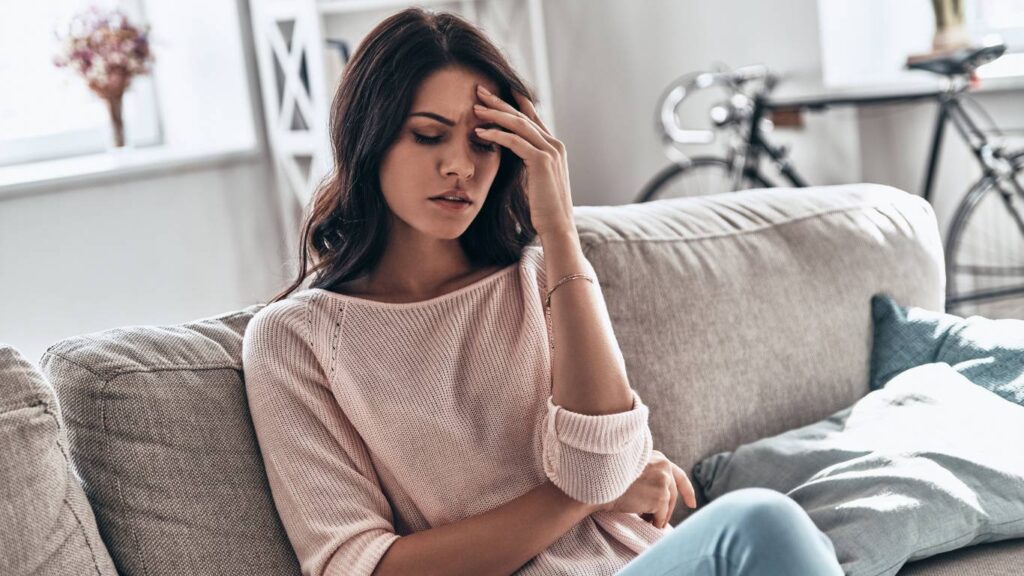Coffee is a staple for millions of people worldwide, helping to fuel our mornings, keep us energized during long afternoons, and even serve as a comfort on those chilly evenings. But just like any other food or drink, coffee doesn’t last forever. So, the question that many coffee lovers ponder is: Can coffee go bad?
Table of Contents
In this blog post, we’ll explore what happens when coffee goes bad, how to store it for maximum freshness, and whether it’s safe to drink coffee after its “expiry” date. Let’s dive into the science behind coffee’s shelf life, and uncover the truth about this popular beverage.
What Does It Mean for Coffee to “Go Bad?”
When we talk about coffee going bad, we’re often referring to loss of flavor, not necessarily food spoilage or a health risk. Freshly brewed coffee, ground coffee, or even coffee beans can undergo changes that affect their taste, aroma, and overall quality.
So, what exactly happens when coffee goes bad? Here are a few key factors:
- Oxidation: Once coffee beans are roasted and ground, they begin to interact with the oxygen in the air. Over time, this interaction degrades the flavor, turning fresh, aromatic coffee into something flat or stale.
- Moisture: Coffee is extremely sensitive to moisture. If it gets exposed to water or high humidity, it can mold, especially ground coffee. Storage in an airtight container can help prevent moisture from ruining your coffee’s quality.
- Light and Heat: Coffee beans or grounds exposed to light or heat start to lose their flavor, as the heat accelerates the oxidation process. This is why cool, dark places are the best for storing coffee.
So, while coffee doesn’t “expire” in the traditional sense (i.e., it won’t make you sick), its taste and quality will certainly degrade if not stored properly.
If you’re wondering just how long coffee lasts before it starts to lose its freshness, take a look at this article on how long coffee beans last: How Long Do Coffee Beans Last?.

How Long Does Coffee Last Before It Goes Bad?
Coffee doesn’t last forever, but the good news is, it has a relatively long shelf life when stored properly. Here’s a breakdown of how long different types of coffee typically last:
- Whole Coffee Beans: Coffee beans retain their freshness for two weeks to a month after roasting when stored in an airtight container. Beyond that, they begin to lose their flavor and aroma.
- Ground Coffee: Once ground, coffee is more exposed to oxidation and will lose its freshness much faster. Ground coffee generally stays fresh for around 1–2 weeks after opening.
- Instant Coffee: Instant coffee has a much longer shelf life, lasting up to 2 years unopened. Once opened, it remains good for several months, though the flavor will gradually diminish.
If you’re unsure whether your coffee has lost its freshness, you can always taste test it. Brew a small cup and check if the flavor is still as vibrant as it once was. For more details on how to keep your coffee fresh and maximize its shelf life, check out our post on how long instant coffee lasts: How to Know If Instant Coffee is Bad.
Can Coffee Go Bad After Its Expiry Date?
Coffee packaging often comes with a “best by” or “expiration date”, but does that mean coffee is bad or unsafe to drink after that date? The answer is no—coffee doesn’t “expire” in the way perishable foods like milk or meat do. Instead, the expiration date indicates the point at which the coffee will no longer taste fresh or flavorful.
If you’ve kept your coffee sealed in an airtight container and stored it in a cool, dark place, it may still be drinkable even after the expiration date. However, the quality and flavor will decline. You’ll likely notice that the taste is flat, stale, or lacking the rich, bold flavors that you expect from freshly brewed coffee.
It’s a good idea to smell the coffee before brewing it. If it smells off or stale, it’s a sign that it’s no longer at its peak freshness.
For more information on whether coffee beans expire, take a look at this post: Do Coffee Beans Expire?.
How to Store Coffee to Prevent It from Going Bad
The best way to prevent coffee from going bad is by storing it properly. Here are some practical tips to help you keep your coffee fresh and flavorful for as long as possible:
- Airtight Containers: Exposure to air is the biggest culprit when it comes to coffee losing its freshness. Always store your coffee in an airtight container to reduce oxidation and preserve its flavor.
- Cool, Dry, and Dark Storage: Store your coffee in a cool, dry, and dark place. Avoid keeping it in places that get warm, like next to the stove, or in bright light. The pantry or a kitchen cabinet away from sunlight is an ideal spot.
- Avoid the Fridge: While it might seem like a good idea to refrigerate coffee to keep it fresh, the fridge introduces moisture which can spoil your coffee. Instead, store it in a sealed container at room temperature.
- Buy Small Batches: Coffee tastes best when it’s fresh. If you don’t drink coffee frequently, consider purchasing small batches that you can use up quickly, rather than buying in bulk and risking it going stale.
If you’re curious about how to keep other coffee-related products fresh, like creamers, check out this post on how long coffee creamer lasts in the fridge: How Long Does Coffee Creamer Last in the Fridge.
What to Do If Your Coffee Goes Bad?
If you discover that your coffee has gone bad, don’t toss it out right away. Even stale coffee can still have uses:
- Coffee in Recipes: Use old coffee in recipes for coffee-flavored desserts like cakes, ice cream, or cookies. The taste may not be perfect for drinking, but it can still work well in baking.
- Coffee Grounds for Gardening: Used coffee grounds can be a great addition to your compost pile or as fertilizer for certain plants. It helps add nutrients to the soil and can keep pests away.
Conclusion
In conclusion, while coffee doesn’t technically go bad in a way that would make it unsafe to drink, its flavor and aroma degrade over time. The key to enjoying the best cup of coffee is to store it properly and consume it while it’s fresh. Proper storage in an airtight container and in a cool, dark place will keep your coffee flavorful for a longer period.
If you’ve ever found yourself with stale coffee, you now know that it’s not dangerous but simply less enjoyable to drink. Instead, use it for recipes or other creative ways to avoid wasting it.
If you’re looking for tips on how long coffee beans or instant coffee last, or how to spot bad coffee, make sure to check out our other helpful articles:










